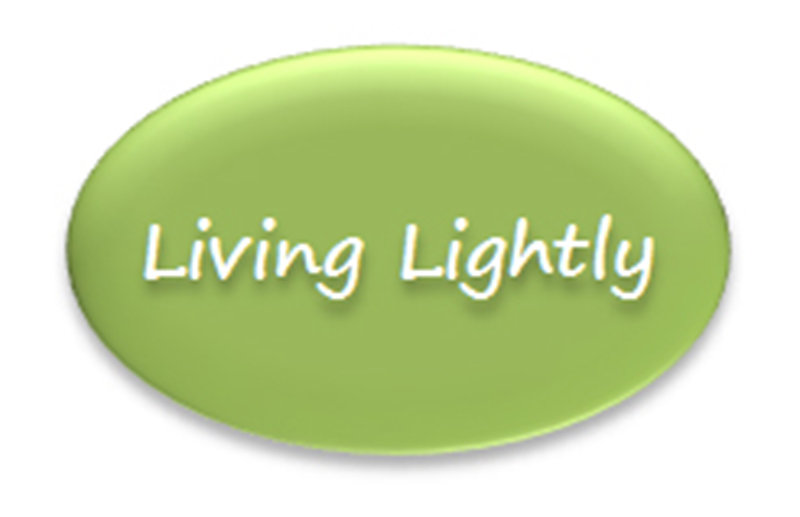By Lauren Salathiel
At 7.30pm every second Monday for the past 12 weeks, I’ve turned on my computer to “meet” digitally with a group of Yackandandah friends and neighbours for a reading group with a potentially world-changing difference.
Our group has been one of hundreds, nation-wide, to participate in a reading, discussion and ideation project called the “Reset Reading Group”, organised by the Australian organisation, The Commons Social Change Library.
Each fortnight, a set of digital resources – readings, videos, podcasts – has winged its way to our inboxes, curated by the social change library around a theme. We’ve then organised their own gatherings – digital in format, to comply with COVID-19 restrictions – over dinner or wine or a cup of tea to thrash out the ideas presented in the resources.
From Indigenous justice to disaster capitalism, new economy movements to power and transformation, people’s democracy to justice and care, the topics have all hinted at one central theme that has underpinned the reading project. A theme best articulated by Indian author Arundhati Roy:
“The pandemic is a portal, a gateway between one world and the next.”
Having participated in the last of these discussions this week, I’ve come away from the experience in fierce agreement with this statement.
There’s no doubt this pandemic is a human tragedy. However, in it exists an opportunity. For those willing to look, it has highlighted the aspects of our lives that are unjust, unsustainable, ecologically untenable and in need of change.
Finding the “portal” from this world to the next one is complex, because it relies on knowing where to start, in what direction to search. However, we are fortunate to have volumes of wisdom at our fingertips – as we have discovered during our fortnightly readings.
The alternatives for living more connected, ecologically responsible, equal, just and inclusive lives already exist all around us, in the worker-owned cooperative factories of Brazil, the horizontal organising structures of Canada’s First Nations fossil fuel extraction protests, the calls for funds and energy for policing and incarceration to instead be diverted by governments to social and community projects that restore hope and dignity to people.
They exist in the multitudes of neighbourhood-level groups self-organising to provide mutual aid towards their own place-based good lives.
And, having mulled over these readings and resources together for the past few weeks, learning how to discuss complex ideas, working together to apply distant examples to our own local lives, I think I can confidently say that we might have discovered a crack of light shining through our own portal here in Yackandandah…

